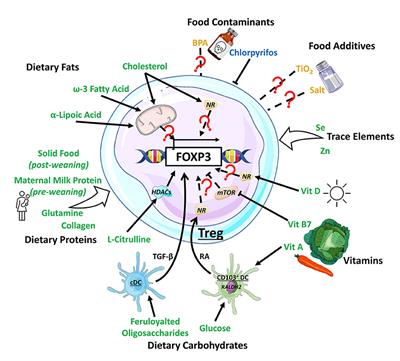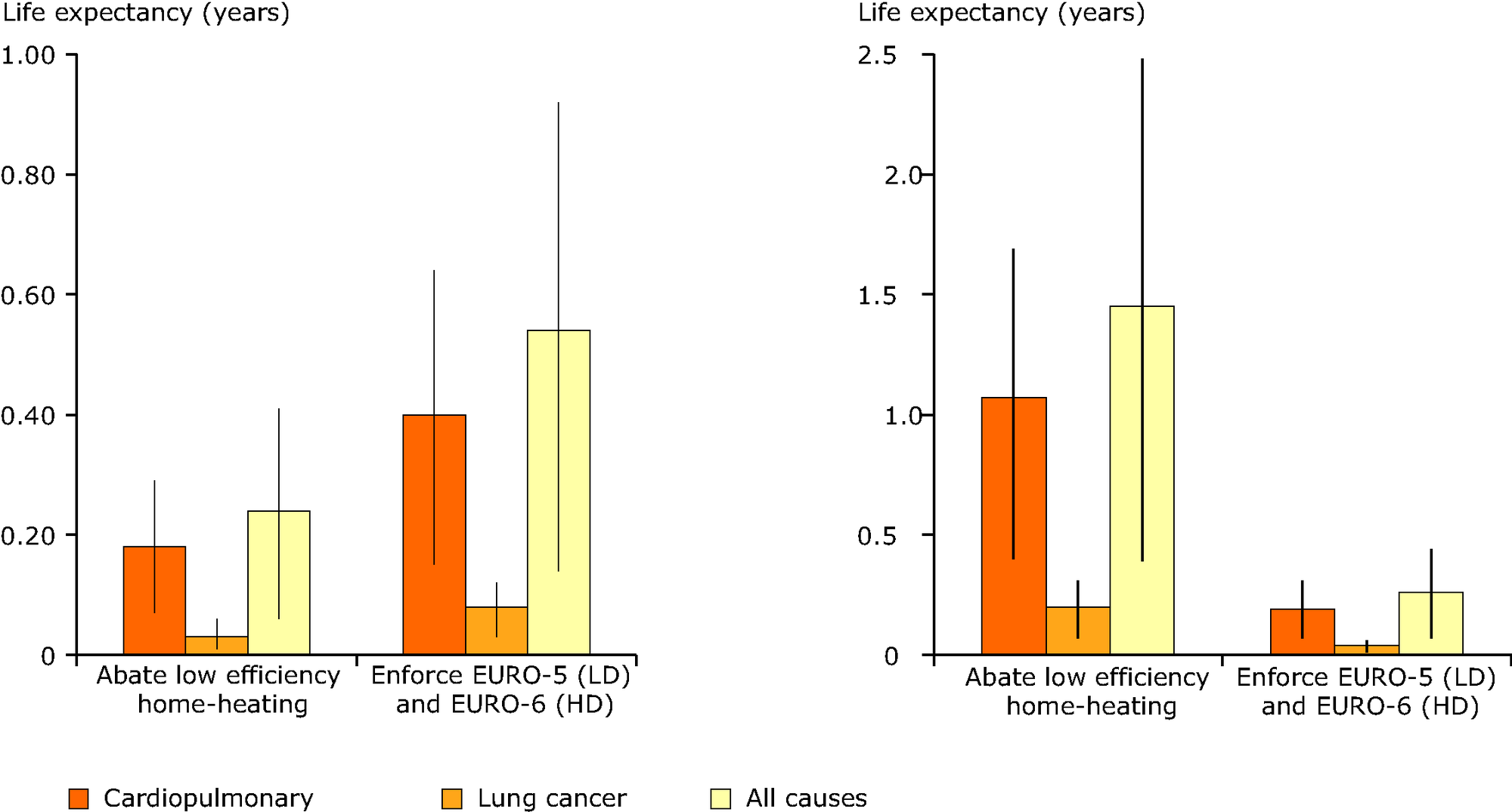
The importance of nutrition for health is well-known. Research has shown that babies who receive better nutrition are more likely to be healthy and grow stronger. It helps pregnant women to be healthier and decreases the chance of developing non-communicable illnesses. People who eat a balanced diet are more productive and break the cycle of poverty and hunger. Malnutrition is a major threat to human health, and the world faces the double burden of malnutrition from overweight and undernutrition in low-income countries.
Nutrition is the process by which living organisms assimilate food. This allows these organisms the ability to survive and reproduce. Foods contain many vital nutritional elements. You can choose healthier foods by understanding nutrition. It can help you understand the benefits of eating the right kinds of foods. You can make healthier food choices by understanding these components. Below are the most vital nutrients for human nutrition.

What is nutrition? Nutrition is the study of nutrition and the way they are used in the body. Nutrition science is based on genetics, molecular biology, and food metabolism. Nutrition scientists aim to improve the health of people and reduce the risk of developing chronic diseases. Research has focused on nutrients and how they affect the human body in order to help people live healthier lives and lower their risk of developing certain conditions.
There are many kinds of nutrition. These include the type of food, the ingredients used, and how they are combined. There are three major parts to the nutrition process. First, food is eaten. Next, food is eaten. After the nutrients have been digested, the body uses them as fuel to the various parts of its body. For instance, nutrients are responsible for providing the necessary vitamins and minerals.
For our bodies health, the food we eat is important. It provides vital nutrients and sustains our bodies. A healthy diet can lead to better health. But what is the ideal diet? It all depends on how you live and what food you eat. Avoid salty foods, and avoid saturated fats if you are obese.

There are three basic types of nutrition. The first is the macronutrients. They are the nutrients we need in large amounts. Simple carbs can be described as sugars. Complex carbs may contain many sugars. They also aid in the movement of food through your digestive tract. They can provide energy and help with digestion. Micronutrients should be part of your diet. Your digestive system should be healthy and strong.
FAQ
What is your favorite workout order?
It depends on what you are looking for. To build muscle mass, you should first lift heavy weights. Next, move on to cardio. For those who want to lose weight or exercise, you can switch from cardio to strength-training.
Cardio can be done if you want to just lose fat. You can then add strength training.
You should do cardio last if your goal is to increase muscle mass. This stimulates growthhormones, which helps build muscle mass.
Also, eat before you workout. This will fuel your muscles and make them work harder. You will feel happier during your workout.
Can I go to a gym 7 days per week?
Yes, you can go to a gym seven days per week. But not all at once. It is important to find a time and place where you can exercise without feeling tired or exhausted.
This will help you stay motivated and keep you energized for other activities.
You also need to ensure that you eat well enough during these times. This will ensure that you aren't tired and slow when you go to the gym.
Last but not least, ensure there are no other people competing for your time. Consider avoiding exercising on school night if you have small children. This will keep your attention from your workout.
Which workout is best to build muscle?
There are two major exercises that you should do when you want to build muscle mass. These include isolation exercises and compound movements. While isolating exercises target specific muscles, compound movements are designed to focus on multiple muscle groups at once.
The best way to improve your workouts is to choose exercises that challenge all your major muscle groups. This ensures that your sessions are challenging and you are always working hard.
To keep track of what you have done, use an app called MyFitnessPal. It allows you log everything, including calories burned and weight lifted. You can even create customized meal plans that are based on your goals.
Statistics
- Get free shipping and 25% off today. (healthline.com)
- Cardmembers earn 5% Back at Amazon.com with a Prime Credit Card. (amazon.com)
- According to the American Heart Association, blood pressure should be checked at least once every two years, beginning at age 20. (my.clevelandclinic.org)
- Candidates and applicants must pass all four tests at 70% (minimum level) to graduate from Basic Deputy U.S. Marshal (BDUSM) Training. (usmarshals.gov)
- The PRS enabled risk stratification for overall prostate cancer and lethal disease with a four-fold difference between men in the highest and lowest quartiles (HR, 4.32; 95% confidence interval [CI], 3.16-5.89). (pubmed.ncbi.nlm.nih.gov)
External Links
How To
How do I lose weight while working out?
Exercise reduces calories by increasing metabolism, and oxygen consumption.
You'll lose weight safely if you exercise at moderate intensity.
These are the top tips for burning fat while you exercise.
-
Cardio exercises can include running, walking, swimming or cycling.
-
Exercise for 30 minutes three times per week.
-
Add strength training to your workouts if you are looking to lose more weight.
-
Avoid doing intense exercises. You can build muscle without having to lose muscle tissue.
-
Hydrate well during exercise. Water helps to flush out toxins from the body and maintains proper hydration.
-
Choose low-fat protein shakes after working out. Protein shakes are great for your muscles and energy.
-
Eat smaller meals throughout the day, so you don't feel hungry between meals.
-
Don't skip breakfast! Skipping breakfast can make you tired and sluggish.
-
Mental health is important. Stressful situations may slow down your metabolism.
-
Keep a positive attitude. Studies have shown that people who are convinced they are overweight gain more weight than those who feel they look attractive.
-
Get enough rest. Insufficient sleep can make it more difficult to lose weight.
-
Active living is key. Get up every hour and get moving.
-
Maintain a healthy diet. A healthy diet will help you feel fuller for longer.
-
Find ways to relax. Tenseness can cause stress hormones to break down muscle tissue.
A balanced diet is one that includes all of the essential nutrients required for growth.
You should eat six small meals per day rather than three large ones. This gives your body time and energy to process the food.
You need about 500 milligrams of calcium daily to maintain strong bones. Calcium can be found in dairy products such as yogurt, fortified soybean beverages, orange juice, cereals, bread, and cereals.
Calcium is found in leafy green vegetables and beans, tofu as well as nuts, seeds, cheese, and seeds.
Vitamin D is required for calcium absorption. Vitamin D is found in eggs yolk, fatty fish and fortified foods.
Vitamin E is vital for your skin's health. Vitamin E can also be found in vegetable oil, wheat germ oils, peanuts as well almonds, sunflower seeds and corn.
Your body requires zinc to function normally and for wound healing. Zinc can also be found in legumes, oysters, meats and whole grains.
Zinc deficiency may cause fatigue, loss appetite, depression, and impaired immunity.
Eating too much sugar causes insulin resistance, which increases blood glucose levels. Insulin resistance can lead to weight gain.
When there is a high level of free radicals, insulin resistance can develop. Free radicals refer to molecules that contain unpaired electrons. They can damage cell membranes and other body parts.
The main sources of free radicals are food additives.
Free radical damage can lead cancer, heart disease or diabetes, arthritis, asthma, or other forms of aging.
Antioxidants are essential for preventing free radical damage. Antioxidants protect against oxidative damage.
Vitamin C can be found in citrus fruits. Beta carotene can be found in carrots. Sweet potatoes. Tomatoes. Carrots. Sweet potatoes. Spinach. Broccoli. Cantaloupe. Vitamin E is found in nuts. Olive oil, avocados.
Selenium, copper and manganese are all antioxidant nutrients.
Selenium helps protect cells from oxidative damage caused by free radicals. Selenium may be found in Brazil nuts as well tuna, liver and kidneys. It can also be found on shrimp, cod, turkey, beef lamb, pork, chicken, and other foods.
Copper protects the brain, eyes, lungs, and red blood cells. Copper is also found in poultry, meat, and organs.
Manganese, an essential component of bone strength, is crucial. Manganese is found as a component of bone structure in brown rice (spinach, bananas), prunes, raisins and oatmeal.
Zinc is required for normal growth, reproduction and wound healing. Zn is found in lean meats, poultry, white fish and eggs.